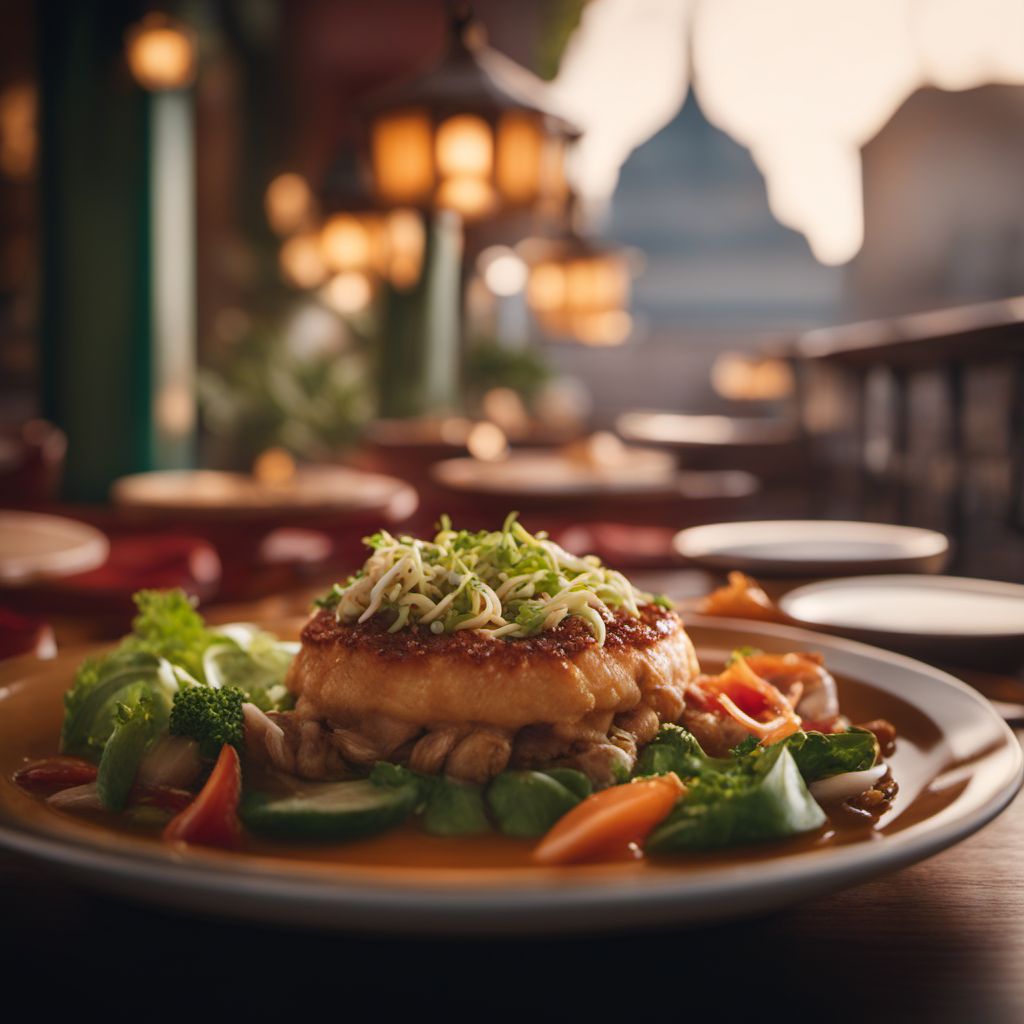
Cuisine
Fusion cuisine
Fusion cuisine is a blend of different culinary traditions and techniques from various regions and cultures. It is a creative and innovative approach to cooking that combines the best of different cuisines to create unique and flavorful dishes. Fusion cuisine is popular in many parts of the world and has become a staple in many restaurants and homes.
Typical ingredients
Soy sauce, Ginger, Garlic, Lemongrass, Coconut milk, Curry paste, Rice noodles, Sushi rice, Wasabi, Miso
Presentation and garnishing
Fusion cuisine is often presented in a modern and artistic way, with attention paid to the visual appeal of the dish. Garnishes such as edible flowers, microgreens, and sauces are used to enhance the presentation of the dish.
The fusion movement has led to the creation of many popular dishes, such as California rolls, Korean tacos, and Thai pizza.
More cuisines from this region...
Haute cuisine, Molecular gastronomy, Nouvelle cuisine, Vegan cuisine, Fast food, Vegetarian cuisine
History
Fusion cuisine has its roots in the United States, where chefs began experimenting with different culinary traditions and techniques in the 1970s. The fusion movement quickly spread to other parts of the world, and today, fusion cuisine is popular in many countries. The fusion movement has also led to the creation of new culinary traditions and techniques, such as Asian fusion and Latin fusion.
Cultural significance
Fusion cuisine is a reflection of the cultural diversity and globalization of the world. It allows chefs to experiment with different flavors and techniques, and create new and exciting dishes. Fusion cuisine also promotes cultural exchange and understanding, as it brings together different culinary traditions and techniques from around the world.
Health benefits and considerations
Fusion cuisine can be healthy if prepared with fresh and nutritious ingredients. However, some fusion dishes may be high in calories, fat, and sodium, so it is important to choose wisely. Fusion cuisine can also pose a challenge for people with food allergies or dietary restrictions, as it often combines different ingredients and flavors.
Fusion cuisine recipes Browse all »

Fusion Botifarra with a Twist
Savory Sausage Delight: A Fusion Botifarra Adventure

Awaze Fusion Sauce
Spicy Fusion Delight: Awaze Sauce with a Twist

Phaphatha Fusion Delight
Spiced Flatbread with a Global Twist

Pappardelle Fusion Delight
Savory Duck Pappardelle with a Global Twist
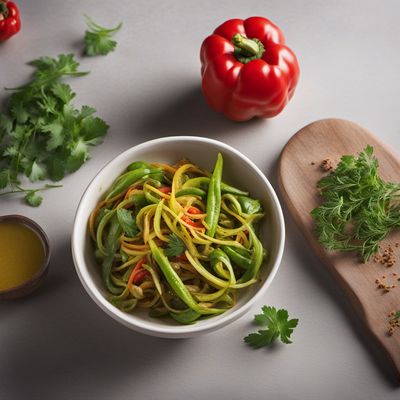
Fusion Gurguglione with a Twist
Mediterranean Fusion: A Vibrant Twist on Gurguglione
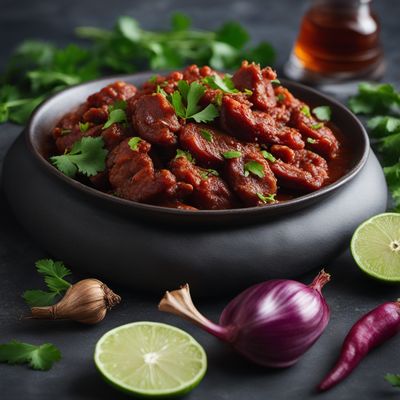
Fusion Spiced Kidneys
Sizzling Fusion Kidneys: A Spicy Twist on a Classic Dish
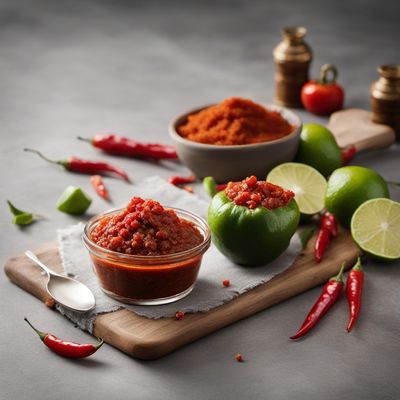
Spicy Fusion Sambal
Fiery Fusion: A Spicy Twist on Sambal

Fusion Bungeoppang Delight
Crispy Fish-Shaped Delights with a Fusion Twist
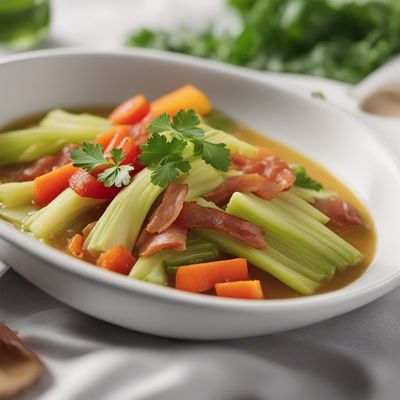
Fusion Kapuśniak: A Modern Twist on a Polish Classic
Savory Cabbage Soup with a Global Flair

Fusion Garnacha Delight
Mexican-Inspired Fusion Garnacha: A Flavorful Twist on a Classic Dish

Fusion Red Rice Delight
Harmony of Flavors: Fusion Red Rice Delight

Fusion Kamaage Udon with a Twist
Savory Fusion Delight: Crispy Kamaage Udon with a Flavorful Twist